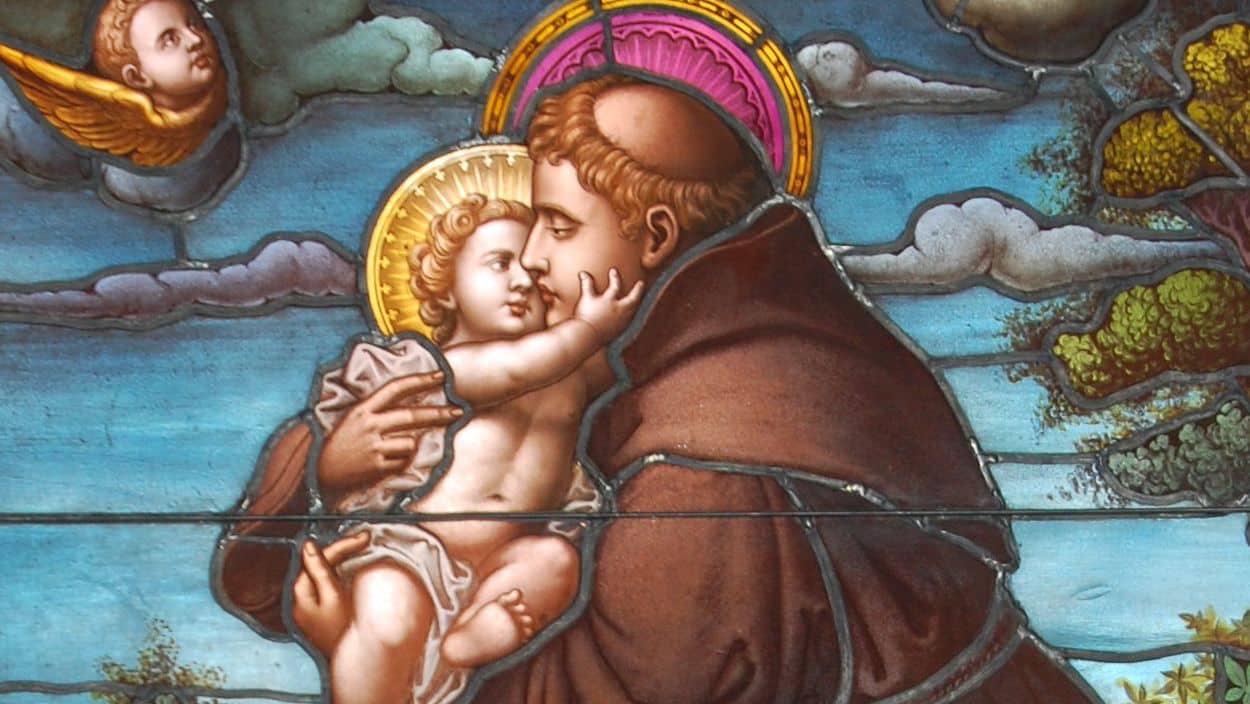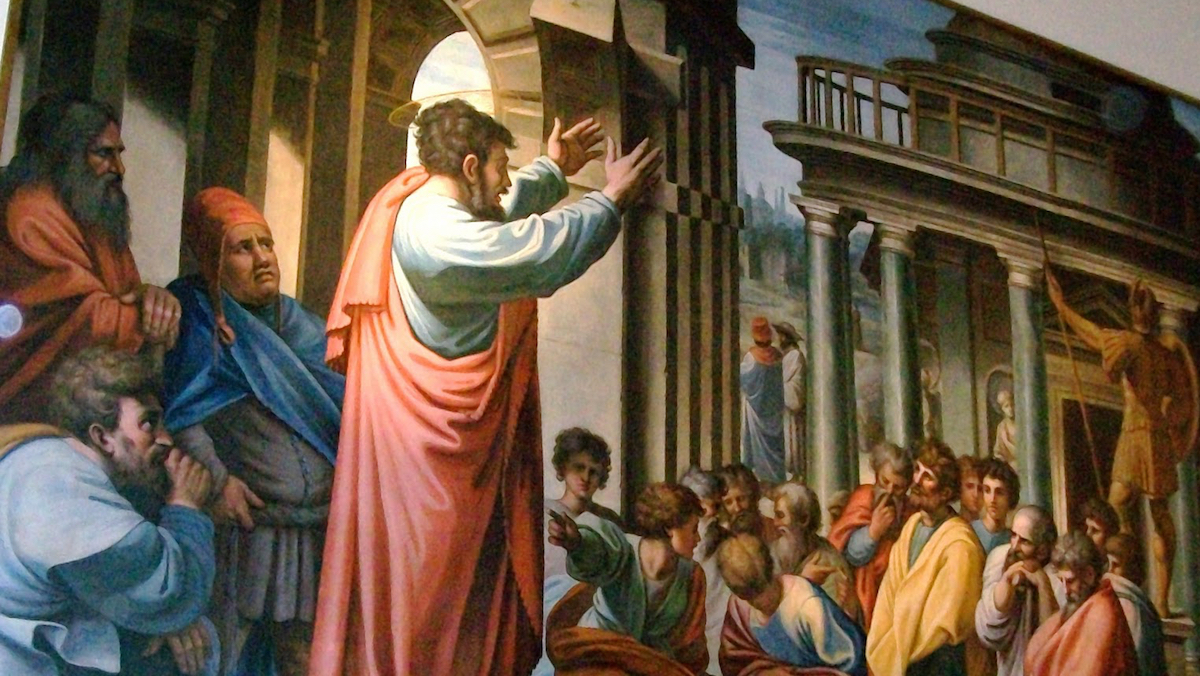The Gospel of John is the one that, more than any other gospel, offers us the way to celebrate adequately and meaningfully our ongoing call to action as missionaries, as people called to unleash the Gospel at least in this part of Southeast Michigan.
I give you a new commandment: love one another. As I have loved you, so you also should love one another. This is how all will know that you are my disciples, if you have love for one another.” (John 13:34-35)
People, who need to hear the good news of Jesus Christ and learn from our love for each other, can be reached more effectively if we are truly “Eucharistic people.” The Eucharist is the center and apex of the life of the Church because the Church is Church while she does and is Eucharist more than at any other time.
But what is the full implication of this order (do this in memory of me) of doing Eucharist as Jesus did at the Last Supper and on the cross? The Church has to live out, in Eucharistic fashion, her being one with Him; she has to be always His Body offered up to the Father out of pure and total self-giving love. This way of viewing the mission of the Church and of each member of that Church must be a most overlooked aspect of our spiritual life. No wonder the missionary work in mission lands is proceeding very slowly and here, in our country, it is crawling along hesitantly.
The Gospel passage offered to our consideration, today, assists us in shedding light on what I just stated. Our shaky stance mirrors the attitude of the scholar of the law. Can anyone imagine a scholar of the Jewish law who didn’t know the shema? Every Hebrew child knew by heart that: you shall love the Lord, your God, with all your heart, with all your soul, with all your strength…” But Jesus is quick to add a second commandment also from the Old Testament: the commandment of loving our neighbor as ourselves. And he points out also that the second is LIKE the first.
Here is where the “anachronism” begins: the greatest majority of Christians throughout the history of the Church strove and still strives to observe the first and the second commandment as if they were the final measuring stick established by Christ to determine true discipleship. To love the Lord our God with our whole heart and soul and mind, and our neighbor as ourselves has been seen as being in full compliance with God’s will to the point of defining a genuine disciple of Christ.
But this is, let us say, “outdated” and “wanting.“ These are Old Testament commandments that do not require of us all needed to carry out the mission which Christ assigns us every time we do Eucharist together.
During the first Eucharist and on Calvary Jesus combined the two commandments into one, the second one. The following two quotes confirm this fusion.
For the whole law is fulfilled in one statement, namely, “You shall love your neighbor as yourself.” (Galatians 5:14)
The commandments, “You shall not commit adultery; you shall not kill; you shall not steal; you shall not covet,” and whatever other commandment there may be, are summed up in this saying, (namely) “You shall love your neighbor as yourself.” (Romans 13:9)
But, after the fusion of the two commandments into the second one, Jesus changes the second term of the comparison. We are not simply to love our neighbor as ourselves, but as Jesus loved us from the cross.
I give you a new commandment: love one another. As I have loved you, so you also should love one another. (John 13:34)
Do you see now how the order to do this (the Eucharist) in memory of Jesus Christ is the ultimate order which fulfills all other commandments? By eating His Body and by drinking His Blood we are assimilated into Christ, we become what we consume. We become more than ever the Body of Christ to be broken, to be poured.
There is only one Body of Christ: the Body formed in the womb of Mary, the Body walking the streets of Palestine, the Body ascended into the glory of heaven, the Body in the Holy Eucharistic species, the Body that is the Church, is one and the same Body looked at from different perspectives.
As the Body of Christ, in those silent moments of recollection after Holy Communion, we should feel humbled by the heavenly favor given us and humbled also by the realization of how short we still fall of being truly Eucharistic people. The humble acceptance of our inadequacy should be matched by an insistent request for a much, much more generous heart.
Those insistent requests for a very generous heart, Holy Communion after Holy Communion, eventually, will drive us to action, to become Eucharist for someone or many in need. Sooner or later, what Jesus did on the cross, would become an irresistible urge to proclaim His death in tangible acts of total self-giving. And, whenever the prospect of the steep personal cost involved in becoming Eucharistic people makes us hesitant or causes us to pull back and revert to our former comfortable tepidity, we might want to ponder the following powerful statement made by our God through the pen of John:
If anyone says, “I love God,” but hates his brother, he is a liar; for whoever does not love a brother whom he has seen cannot love God whom he has not seen. (1 John 4:20)
Pointing out that we do not hate anyone doesn’t exonerate us from implementing fully Jesus’ new commandment. Indifference and self-absorption are, arguably, more harmful to our Christian calling than hatred is, because they deaden our heart and lull it into inaction.
The Church and the Kingdom will grow as a result of our multifaceted support for the missions and for missionaries in distant lands, but will grow much more visibly by our being recognized as true disciples of Christ right where we live. And that is done precisely by choosing any of the many ways in which our body can be broken and our blood poured for the good of our brothers and sisters.








